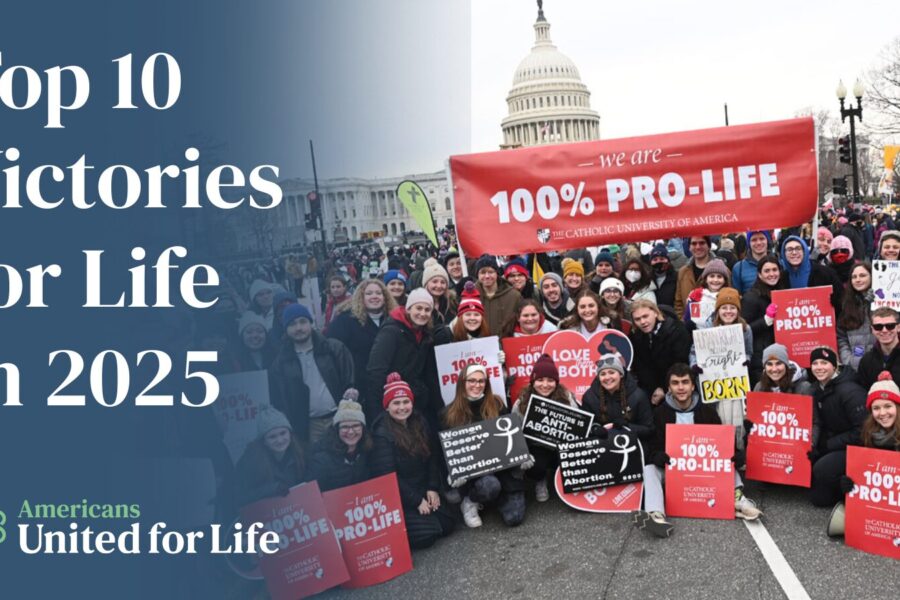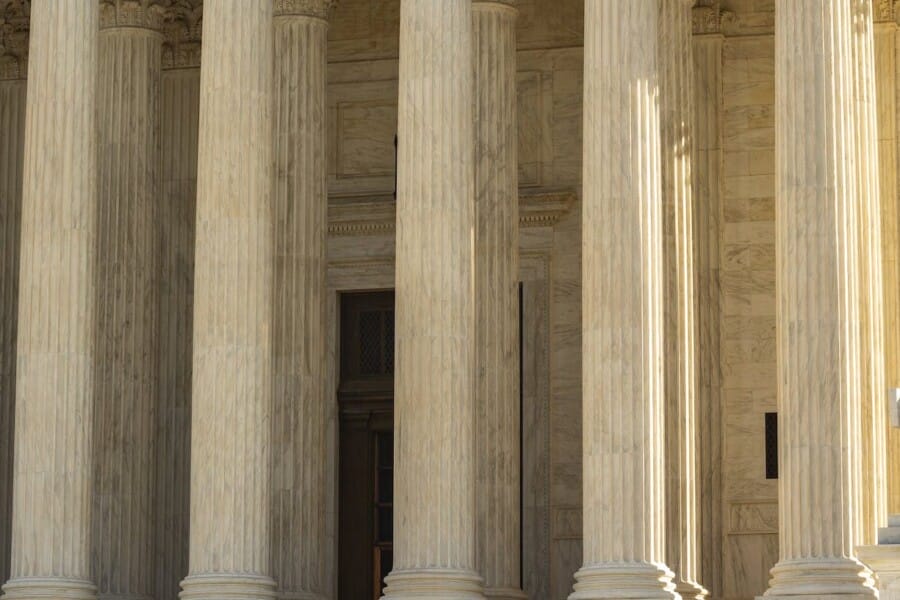“The Women’s Protection Project provides legislators with a complete set of tools for curbing growing abortion industry abuses,” said AUL’s Dr. Charmaine Yoest.
WASHINGTON, D.C. (12-09-13) – Lawmakers developing plans for up-coming state legislative sessions will have “a unique package of legal tools available for protecting women and girls from the profit-driven abortion industry that consistently ignores the deadly consequences of abortion,” announced Americans United for Life President and CEO Dr. Charmaine Yoest. “But, new this year is an enforcement module that provides the legal means to hold abortion providers who harm women and girls accountable.”
“This legislative package represents the new frontier in pro-life protections, combining what we know about the deadly health risks of abortion with constitutionally sound legal language,” said Dr. Yoest.
In advance of the 9th edition of AUL’s Defending Life, comprised of model legislation crafted to meet the needs of legislators, AUL is releasing the Women’s Protection Project, anticipated to set the pace for legislators interested in developing the most up-to-date protections for women.
The Women’s Protection Project includes
- The Women’s Health Defense Act prohibiting late-term abortions based on increasing evidence of the negative impact that such abortions have on women’s health, as well as concerns about the pain felt by an unborn child. Unlike other available legislative models prohibiting late-term abortions, AUL’s model is the only one to directly attack the Supreme Court’s primary rationale for affirming Roe v. Wade – the “reliance interest.” The specific language and animating principles of this model directly undercut the Supreme Court’s ill-informed assumption that abortion is good for women and beneficial to women’s health.
- AUL’s Women’s Right to Know Act ensures that women considering abortions are given medically accurate information about abortion, its risks and complications, and its life-affirming alternatives.
- Drawing on more than a decade of AUL leadership and experience with regulating abortion facilities, theAbortion Patients’ Enhanced Safety Act mandates that abortion clinics meet the same patient care standards as other facilities performing outpatient surgeries.
- AUL’s Abortion-Inducing Drugs Safety Act requires that abortion providers follow the protocols approved by the FDA for RU-486 and other abortion-inducing drugs and eliminates opportunities for abortionists to promote unsafe and impersonal “telemed” practices or to provide these dangerous drugs according to the unproven, profit-enhancing protocols being championed by the abortion industry.
- The Parental Involvement Enhancement Act provides 10 different options to strengthen existing parental consent or notice laws including requirements for notarized documents, requirements for identification and proof of relationship for the person consenting to or receiving notice of the abortion, and specific evidentiary and other standards for a judicial bypass hearing when a minor is seeking the waiver of her state’s parental involvement requirements.
- AUL’s innovative Child Protection Act has three major components designed to protect America’s girls. The first is a requirement that all those working in an abortion clinic – including administrative staff and volunteers, not just licensed medical personnel – report suspected child sexual abuse to state officials. The second component is a requirement that, when an abortion is performed on a girl under the age of 14, the abortionist retain forensic evidence that can be used in any subsequent investigation or prosecution. The final component provides legal remedies for parents when a third-party such as an abortion clinic employee or a teacher attempts to aid a child in obtaining an abortion without involving her parents as required by the laws of her home state.
- NEW THIS YEAR: Finally, among its other tragedies, the Kermit Gosnell case highlights the abject failure of some state officials to adequately enforce abortion laws. To remedy this problem, AUL has developed a statutory enforcement module providing criminal, civil, and administrative remedies that can be used to ensure compliance with and enforcement of any abortion-related law or regulation.
Consistently of interest to lawmakers has been the “Abortion Patients’ Enhanced Safety Act,” AUL model legislation requiring abortion clinics to meet the same patient care standards as other facilities performing outpatient surgeries. In the wake of public outrage over Kermit Gosnell and his West Philadelphia “house of horrors” abortion clinic, Alabama, Pennsylvania, Texas, and Virginia have enacted laws mandating that abortion clinics met the same or similar standards as those applicable to ambulatory surgical centers. In each case, legislative action was precipitated by evidence of substandard abortion facilities and inferior patient care.
For example, in June 2010, the Alabama Department of Public Health forced the closure of the Beacon Women’s Center in Montgomery following a three-month investigation into “serious violations of state health codes.” In Texas, more than 20 abortion clinics and individual providers have had complaints filed against them, been investigated by state officials, and/or been cited for violations of the state’s abortion clinic regulations or other legal requirements since 2009. Similarly, during 2012 pre-licensure inspections conducted pursuant to the state’s new law regulating abortion facilities, a number of clinics including a Planned Parenthood clinic in Virginia Beach were identified as failing to meet patient care standards.
“Clearly, Kermit Gosnell is not the aberration that the abortion industry so desperately wants us to believe that he was,” said Dr. Yoest. “Instead, it is clear that today’s legal abortion clinics are all too often the ‘back alleys’ that abortion advocates have repeatedly warned us about.”
To download AUL’s Women’s Protection Project, click here.
To learn more about how abortion harms women, click here.




